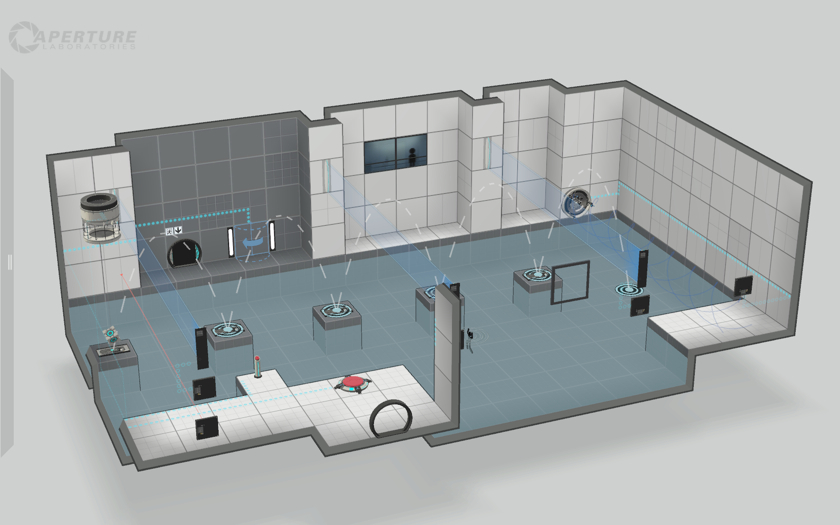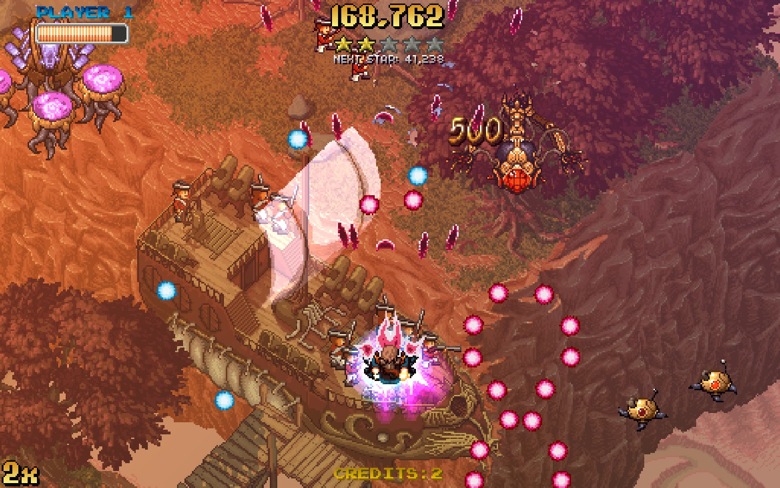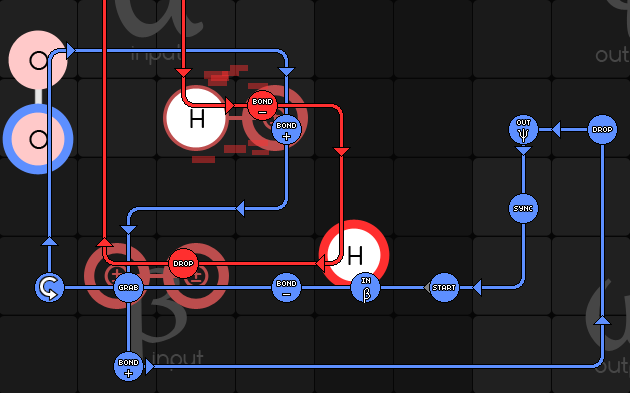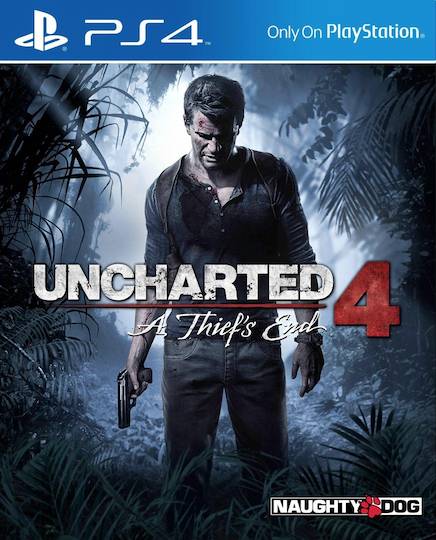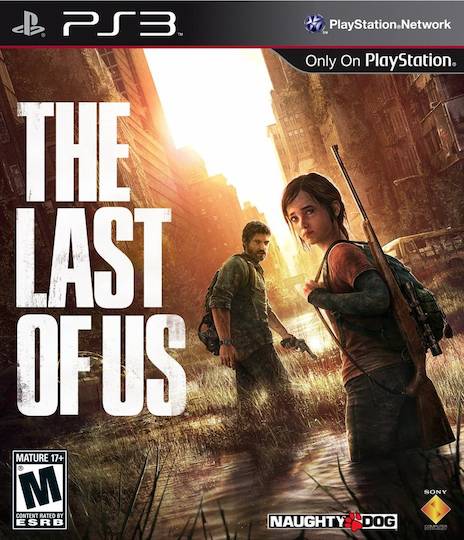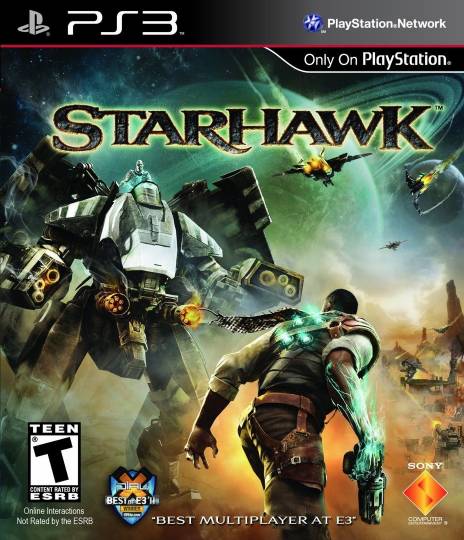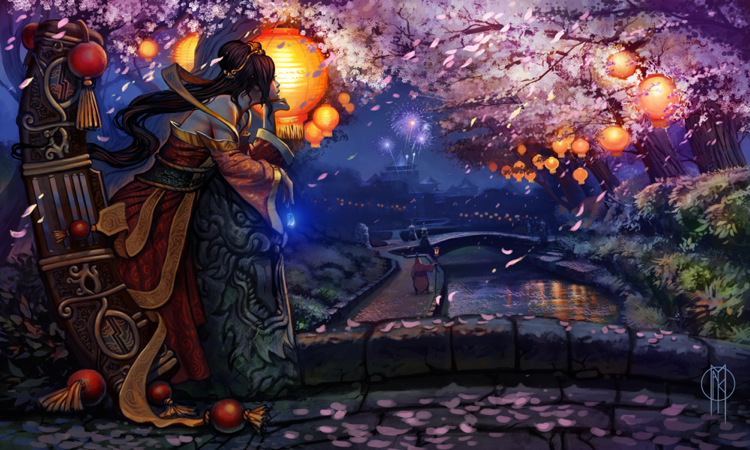
A few weeks ago, the gents from the Moving Pixels podcast invited me to join them in conversation about League of Legends. League is an extremely popular free-to-play game in the style of Defense of the Ancients, and I’ve been rather hooked on it for the last few months. Jorge Albor, G. Christopher Williams and I discuss what we love (and hate) about the game, Riot’s clever business model, and the type of community that competitive games attract. You can download the podcast or subscribe on iTunes at the link below:
Since it’s been seven months since my last post, here’s a quick list of what I’ve been up to lately: I gave a talk at Juegos Rancheros (Austin’s indie game collective) back in November. Pax Britannica was ported to Montreal’s Arcade Royale and demoed at the Prince of Arcade showcase. Mostly, though, I’ve just been working hard on Starhawk (look for it on shelves May 8th!) However, all this does not excuse my writing hiatus; I’ll endeavour to resume regular blog cromulence over the next few months.
[Sona & Jax Lunar Revel fan artwork by RUshN]
